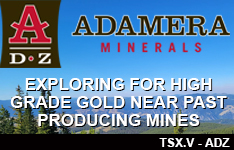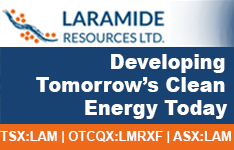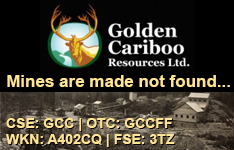I used the opportunity of being in Sydney to catch up with Nick Garling at Morning Star Gold, who was memorably outspoken about the Resource Super Profits Tax (RSPT) amounting to Rudd's "death warrant," as well as a variety of other managing directors.
Their take on events, which, from what I'm reading largely reflects the mining industry, is that the Rudd removal is a brilliant political ploy on the part of the Labour Party; by forcing Rudd to step down, the Labour Party will now be able to push the federal election scheduled for September or October, which they would likely have lost, out as far as April 2011. That gives Labour time both to repair the damage wrought by Rudd's handling of the RSPT and to undermine opposition to it.
As exemplified by the Rudd government's final tactic with the Queensland coal seam methane industry, this will likely take the form of a 'divide and conquer' approach with government offering specific entities exemptions from the tax (think Obama and the compromises required to pass healthcare reform).
In other words, the matter is not resolved, and the temporary suspension of media campaigns extolling or condemning the RSPT should be viewed as the break between rounds in a boxing match. Nothing has changed—the Labour government is still in debt and scrambling for revenues to replenish its coffers; the miners are still adamant that the retrospective aspect of the tax must be scrapped entirely and that any compromise negotiated should not damage Australia's competitive position internationally; and the financial sector is still the most vocal cheerleader for the tax, being a clear beneficiary as it promises a 33% increase in their superannuation business.
The RSPT will not be debated until after the Federal election, prolonging the uncertainty generated by the proposed tax. As a result, project funding will remain largely frozen, from both domestic and international sources, until the matter is resolved.
It is telling that the Australian stock market rallied, initially, on the news but then rolled over and finished lower on the day—threatening the critical 4,500 level, in fact.
This highlights a significant, unintended consequence of the RSPT—companies have, in effect, had the market door slammed until the matter is resolved. It clearly provides competitive advantage to companies that are cashed up, debt free and in or near production; they have the opportunity to maneuver in this environment. I'll write more on these "advantaged" companies in my next report from Australia.
Richard Karn, as managing editor of The Emerging Trends Report has a broad, multi-disciplinary background and a working knowledge of precious and specialty metals, as well as considerable research, analytical and writing experience. The first nine Emerging Trends Reports, which pertained to coal, gold, nuclear energy, silver, the North American electrical grid, transportation fuels, recycling and specialty metals and natural gas were re-evaluated and updated within the context of the global financial crisis and then published in the form of an e-book, Credit & Credibility. This spring, Richard—who divides his time between Alaska and Australia—embarked on a lengthy tour circumnavigating Australia by four-wheel drive to evaluate dozens of remote projects and recommend the stocks of companies that are well-positioned to supply burgeoning market demand for these critical metals. In addition to managing The Emerging Trends Report and conducting contract research for companies, Richard has written for publications ranging from Barron's, Kitco and Fullermoney to Financial Sense Online.
Want to read more exclusive Gold Report interviews like this? Sign up for our free e-newsletter, and you'll learn when new articles have been published. To see a list of recent interviews with industry analysts and commentators, visit our Expert Insights page.

















































